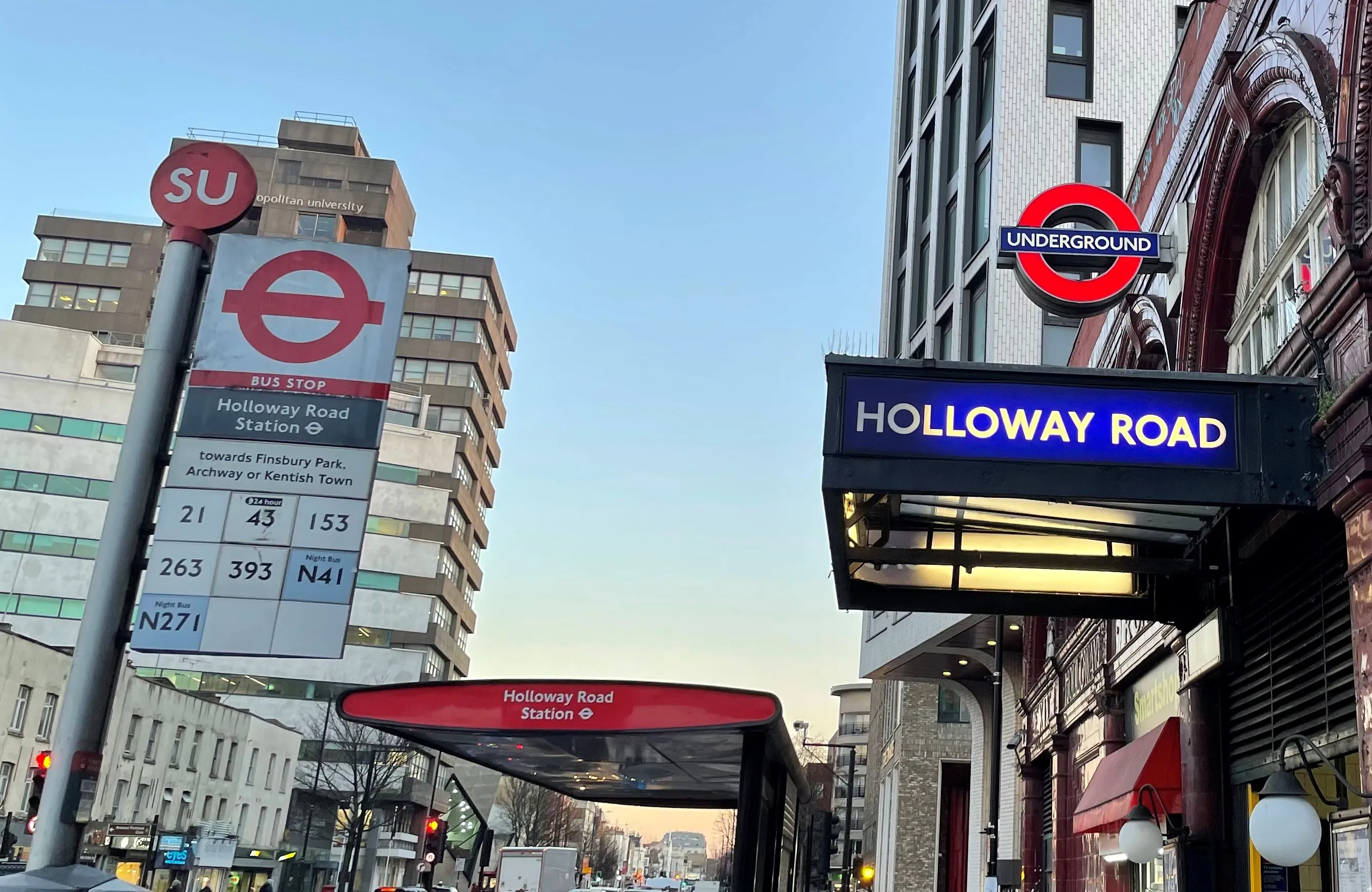Transport for London (TfL) has announced that two further bus routes will operate entirely with electric buses from autumn next year, lowering carbon emissions and helping to improve London’s air quality.
The five-year contract to operate the routes has been awarded to Go Ahead following a competitive tender process, and will mean that 51 electric buses will operate across the two routes that will become the second and third pure electric bus routes in the Capital. Go Ahead will confirm which manufactu
July 16, 2015
Read time: 2 mins
The five-year contract to operate the routes has been awarded to Go Ahead following a competitive tender process, and will mean that 51 electric buses will operate across the two routes that will become the second and third pure electric bus routes in the Capital. Go Ahead will confirm which manufacturer will supply the buses in due course. By 2020 all 300 single deck buses operating in central London will be zero emission (either electric or hydrogen) and all 3,000 double deck buses will be hybrid.
When fully converted, the electric buses on routes 507 and 521 will deliver a reduction of 408 tonnes of CO2 and 10 tonnes of NOx per year, when compared to single deck diesel buses. They are emission-free at tailpipe, and will provide passengers with an improved experience with lower noise and vibrations.
The announcement follows the introduction of the first of two new electric buses, manufactured by Spanish company Irizar, into passenger service earlier this week. At a Global Clean Bus Summit hosted by City Hall in June, Mayor of London Boris Johnson also announced a world-first trial of a purpose built pure electric double deck bus that will begin in October.
The two Irizar single-deck buses will operate on routes 507 and 521, which link Waterloo station to Victoria and London Bridge stations respectively. The new buses will join two existing electric buses, manufactured by Chinese company BYD, on the Go Ahead-operated commuter routes in central London. Including the first Irizar bus now in service, there are currently nine single-deck electric vehicles in the fleet will grow to 17 in September. Once the double-deck trial begins in October, there will be 22 total pure electric buses on London streets.








